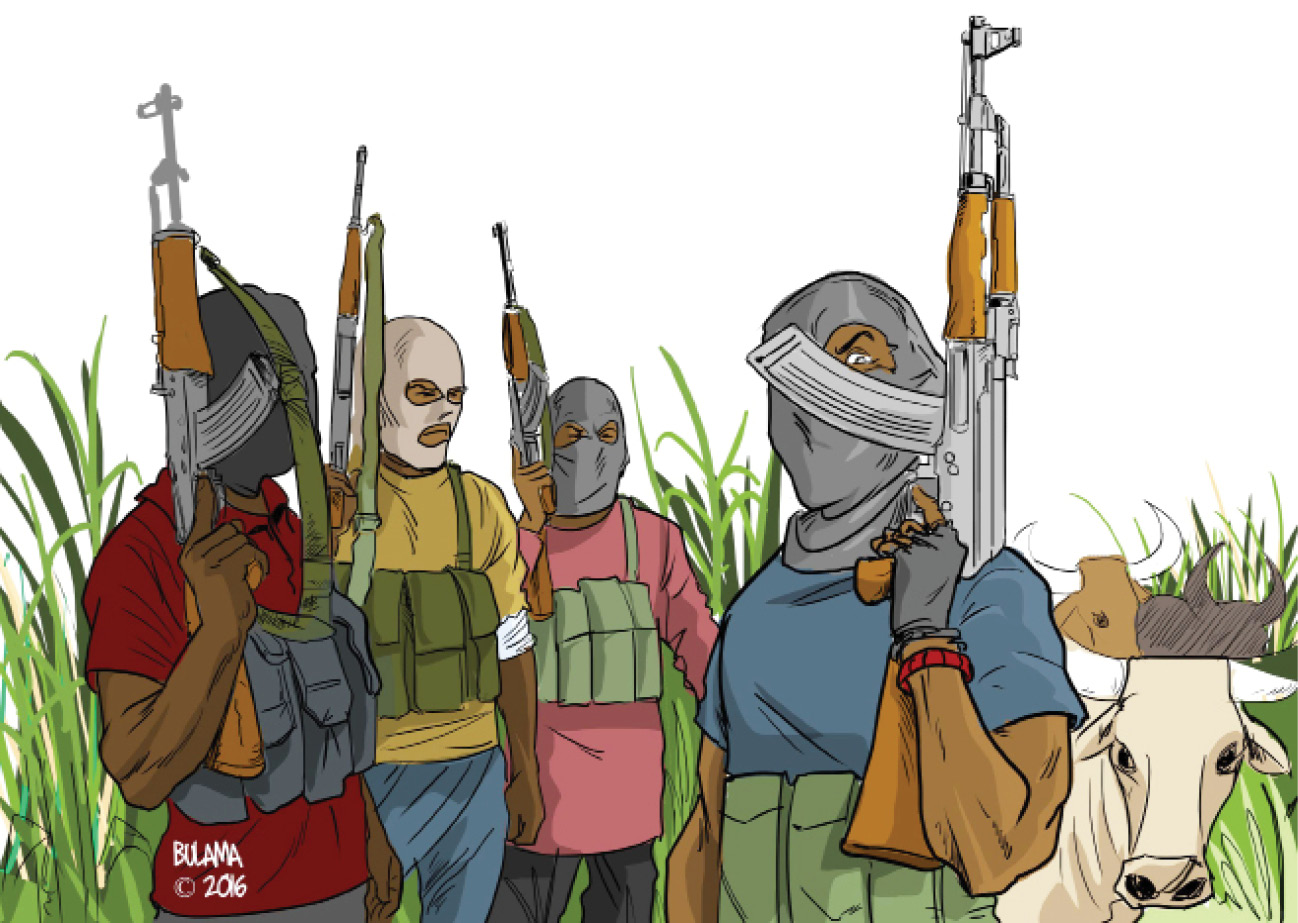Emir decries invasion of Wase by terrorists
The Emir of Wase in Plateau State, His Royal Highness, Muhammad Haruna, has decried the invasion of their land by…

File photo
The Emir of Wase in Plateau State, His Royal Highness, Muhammad Haruna, has decried the invasion of their land by terrorists.
The emir spoke Thursday in Jos at the colloquium and fundraising organised by the Nigeria Union of Journalists, NUJ, Plateau State Council.
- Inside details of why FAAN suspended airfield staff in Abuja airport
- Borno women take to decorative painting
He said the invasion of their land had driven many farmers from their farms into the city where they had remained idle, stressing that terrorists have taken over about 50% of the landmass in the Wase Local Government Area of the state.
He said Wase, Plateau State and Nigeria by extension risked food crisis if urgent actions were not taken to address the deepening insecurity.
“We want to farm because of the vast land we have, which God has blessed us with. There is basically nothing you cannot farm in Wase. Unfortunately, 50 per cent of the landmass has been taken over by terrorists. Our people cannot go to the farm. This week, a very ugly incident happened in one of the villages in Wase and for the first time, governments of the federal, state and local took the right action by deploying armed soldiers and police to go and flush out all these people.
“I want to appreciate them for doing the job we have been appealing for years. We are making a special appeal that this should continue so that next year, we will be able to go to the farm.
“We are in December, and maize in Wase is N28,000 per bag, imagine by April, how much it will cost. That is the food that is considered the poor man’s food. The one considered the rich man food, rice is N26,000 or N27,000. The kind of problem we are likely to have in Plateau and by extension, Nigeria, if people are hungry during harvest period would be severe,” he said.
In his address, the Guest Speaker, Prof. Dakas Dakas, SAN, said academicians, governments and industries must synergize in order to tackle challenges associated with food insecurity and stimulate sustainable development.
